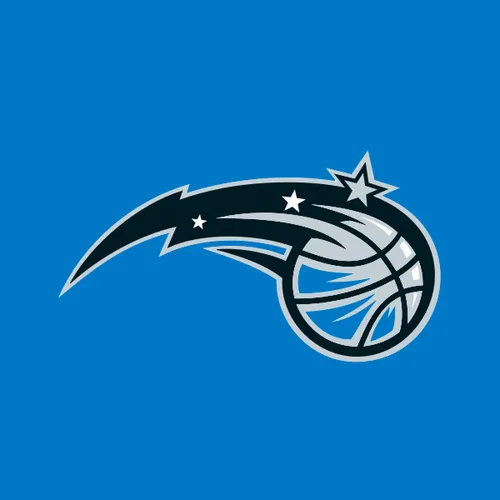







Security Jobs in the Sports Industry: A Quick Guide
Introduction
Security professionals play a vital role in the sports industry by ensuring the safety and well-being of athletes, fans, and event staff. With the increasing importance of public safety and the growing number of sporting events worldwide, there is a high demand for skilled security professionals. If you have a passion for sports and a dedication to maintaining a safe environment, a career in sports security may be an ideal fit for you.
The Role of Security Professionals in the Sports Industry
Security professionals in the sports industry are responsible for maintaining a safe and secure environment during sporting events. Their duties may include crowd control, access control, risk assessment, emergency response, and coordination with local law enforcement agencies. By providing a secure environment, they contribute to the overall success and enjoyment of the event for athletes, fans, and staff.
Types of Security Jobs Available in the Sports Industry
The sports industry offers a wide range of security job opportunities, including:
Venue security staff: Venue security staff are responsible for ensuring the safety and security of the facility where a sporting event is held. They are responsible for monitoring entrances and exits, patrolling the premises, and managing access control for authorized personnel. These professionals must be vigilant and able to identify potential threats and respond to emergencies, working closely with other staff members and law enforcement agencies when needed.
Event security teams: Event security teams are responsible for safeguarding the event itself, including attendees, athletes, and staff. They work closely with event organizers, local law enforcement, and emergency services to develop and implement security plans for the event. Their duties may include crowd management, bag checks, securing restricted areas, and providing a visible security presence to deter potential threats. Event security teams may consist of both uniformed and plainclothes personnel, depending on the nature of the event and the specific security requirements.
Personal security for athletes and team personnel: High-profile athletes and team personnel may require personal security to protect them from potential threats, such as overzealous fans, stalkers, or other malicious actors. Personal security professionals, also known as bodyguards or close protection officers, are responsible for ensuring the safety of their clients in various settings, including at sporting events, during travel, and in public appearances. They must be highly trained in threat assessment, situational awareness, and defensive tactics, as well as skilled in maintaining a low profile to avoid drawing unwanted attention.
Security consultants and risk assessment specialists: Security consultants and risk assessment specialists are experts in identifying potential threats and vulnerabilities in the sports industry. They work with organizations, venues, and event organizers to analyze security needs and develop customized solutions for mitigating risks. These professionals may conduct site surveys, evaluate security protocols and procedures, and provide recommendations for enhancing security measures. They may also provide training for security staff and advise on the implementation of new security technologies and best practices.
Security management and leadership roles: Security management and leadership roles in the sports industry involve overseeing and coordinating the various security functions for organizations, venues, or events. These professionals are responsible for developing and implementing security policies and procedures, managing security personnel, and ensuring compliance with relevant laws and regulations. They must have a strong understanding of the unique security challenges facing the sports industry and be adept at building relationships with key stakeholders, such as local law enforcement, venue owners, and event organizers. Security management roles may include positions such as security directors, security managers, or chief security officers.
Salaries on Offer
Salaries for security professionals within the sports industry can vary greatly based on experience, job type, and level of responsibility. Entry-level security staff may earn between $10 and $20 per hour, while more experienced professionals can expect higher hourly rates or annual salaries. Junior-level security roles may offer salaries of $30,000 to $50,000 per year, while intermediate-level positions can range from $50,000 to $80,000 annually. Senior-level security management roles can command salaries of $80,000 and higher.
Essential Skills Needed to Succeed in Security in the Sports Industry
To excel in sports security, candidates should possess the following skills:
Strong situational awareness and the ability to quickly assess and respond to potential threats
Effective communication and interpersonal skills
Knowledge of security protocols, procedures, and best practices
Physical fitness and the ability to handle high-pressure situations
Problem-solving and critical thinking abilities
Tips for Landing a Security Job in the Sports Industry
To increase your chances of securing a security job within the sports industry, consider the following tips:
Gain experience using Rebound or enhance your resume/cover letter in security roles outside the sports industry, such as retail or corporate security
Obtain relevant certifications, such as a security guard license or specialized training courses
Attend industry conferences, workshops, and networking events to build connections within the sports industry
Stay informed on security trends, technology, and best practices
Highlight your passion for sports and your commitment to safety in your job applications and interviews
Conclusion
Security jobs in the sports industry provide a unique and fulfilling career path for individuals with a passion for sports and a dedication to safety. By understanding the various roles available, developing your skills, and following the tips provided in this guide, you can increase your chances of landing a rewarding job in the world of sports security, ensuring a safe and enjoyable experience for all involved in the world of sports.



























